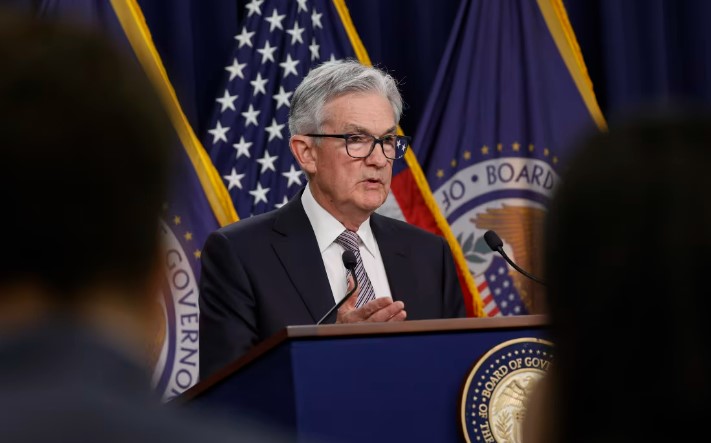In 2023, investors poured a record $1.4 trillion into money market funds in an effort to earn approximately 5% on their capital in the face of rising interest rates.
It may, however, be time to put an end to that, as BlackRock suggests.
On Wednesday, the Federal Reserve is anticipated to maintain interest rates when it discloses its subsequent policy action. The prevailing sentiment in the markets is that the next rate action by the Federal Reserve will almost certainly be a reduction.
In this case, the Fed’s “pause,” which occurs between cycles of rate hikes and cuts, would have already begun. Furthermore, research from the director of investment strategy for BlackRock Americas iShares, Gargi Chaudhuri, indicates that investors should hold stocks during the pause period as opposed to holding cash in money market funds and earning interest on it.
“Investors may want to consider divesting from cash at this time,” Chaudhuri told Yahoo Finance Live.
For each Fed rate hike cycle dating back to 1995, Chaudhuri analyzed the returns in the S&P 500 (GSPC) during the six months preceding the last increase, the pause period, and the six months following the initial reduction. Among the three asset classes, equities generated the greatest average annual return during the pause period, according to the analysis.
“Whether you’re in the bond markets, whether you’re in the equity markets, investing in this pause period is really important,” Chaudhuri added. “And there is a little bit of urgency around it, because, eventually, we think by … the second half of 2024, the Fed will begin to cut rates.”
In addition to equities, Chaudhuri sees opportunities in fixed income to capitalize on the “incredible” bond yields in markets. She advises investors to purchase “quality” equities characterized by low leverage, consistent earnings growth, and solid balance sheets.
Callie Cox, an analyst at eToro US Investment, reasoned in a November blog post that the 2023 inflow into money market accounts was logical given the increase in interest rates and the widespread apprehension regarding the economy’s future.





